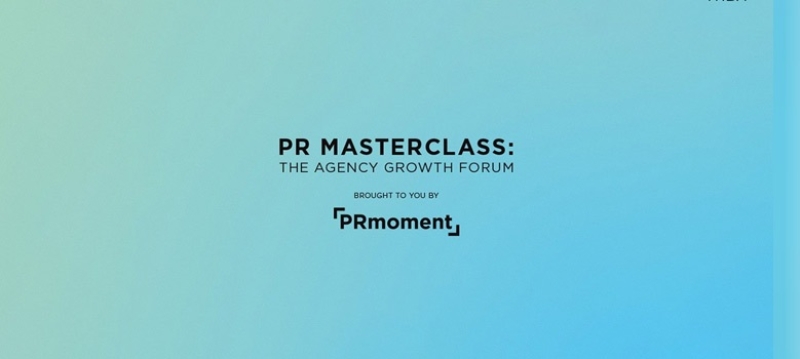 Why is it that many brand managers still become surprisingly diffident when it comes to sustainability communications? Aren’t these the same brand managers who boast about their quarterly net outside sales, their new “groundbreaking” product innovations and proprietary consumer marketing knowledge?
Why is it that many brand managers still become surprisingly diffident when it comes to sustainability communications? Aren’t these the same brand managers who boast about their quarterly net outside sales, their new “groundbreaking” product innovations and proprietary consumer marketing knowledge?
2014 has shown us two things. Sustainable (in its widest not just environmental sense) brands have the power to unite, inspire and reflect our human potential. This is the year when the leaders have drawn on their persuasive brand power to bring sustainability into the mainstream.
Chances are you’ve seen Chipotle’s “Scarecrow” film and interactive game, or Unilever’s “Project Sunlight campaign”, and probably H&M’s Conscious Collection, the range of clothes with marketing designed to respond to the consumer’s new appetite for ‘conscience clear’ products. These brands have figured out that people want to look great but that an Indonesian factory worker didn’t suffer as a result. They want to eat well, but would like to think the farmer who made that food possible is eating well too.
Brands that are convincing people they are helping the world when we buy their products are the ones that are winning. This couldn’t be truer than with today’s general population – Millennials.
They are 82 million strong and have more buying power today than their parents had. They are making their voices heard with their purchases and want much more communications and opportunities to engage from brands. According to a recent study of 8,000+ Millennials in 17 countries by MSLGROUP, 79% wish it were easier to know which brands were doing good for society, nearly 50% are looking to brands to provide them a way to get involved, and 74% would be proud to be associated with a brand that they perceive is doing the right thing.
The challenge for brands is communicating sustainable actions and impacts as it requires new skills and methods. Brands need to go far beyond the commercial advertising they have relied on for years – because consumers can see straight through this and they don’t want communications and ads – they want substance, proof and engagement. Building the substance, telling the story in an authentic way and engaging people in the narrative and experience is impossible to do in 30 seconds.
Today’s world population can’t all access safe water and more than 2 billion people lack adequate sanitation. At the same time, the world’s population is on course to grow from today’s 7 billion to more than 9 billion by 2050. Regardless of this simple reality, many brands still believe that sustainability shouldn’t be more than an appendix in the company’s annual report or possibly a label on the back of packaging. In fact, sustainable business practices will be the only ones that can continue to scale and grow in the future – brands really do need to understand this.
In order to do this well and understand the new, bigger and longer term picture, brands also need to find their purpose, their sustainability heartbeat. Then, brands need to find their tribe, the influencers and issues that will shape the change that is critical to their business. Next, they must index effective engagement around their core to fully understand how to engage for impact. Finally, their transparent actions (note – action first!) and the way they communicate must be a well-orchestrated ecosystem working together across multiple platforms and have communications that resonate with people and is relevant to our everyday lives.
Otherwise, continuing to remain silent, in contrast, tells us one of two things: the brand hasn’t really ‘got’ sustainability and what it means to both the new consumer and the world; or its progress isn't worth talking about.
Scott Beaudoin, Global Practice Director, Corporate & Brand Citizenship MSLGROUP & Nigel Salter, CEO Salterbaxter MSLGROUP
PR Masterclass: The Agency Growth Forum
Our experts will each give you a 20-minute Masterclass on what we've identified as the 11 most important elements in running a modern, profitable and successful PR firm.
Taking place on Wednesday 26th November in London, both virtual and in person tickets are available.
Tickets on sale now!
PR MasterclassIf you enjoyed this article, sign up for free to our twice weekly editorial alert.
We have six email alerts in total - covering ESG, internal comms, PR jobs and events. Enter your email address below to find out more:









